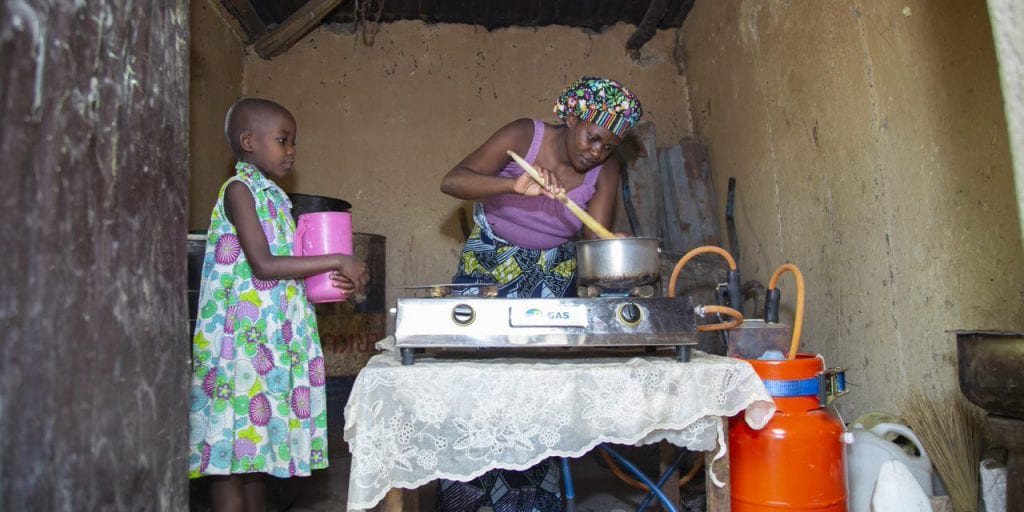Experts push government on renewable energy
Civil Society Network on Climate Change (Cisonecc) has bemoaned lack of government’s commitment in the promotion of clean energy access as a means of fostering economic development in the country.
In a statement released this week, the network says it is concerned that energy supply deficiencies are common, which results in interruptions to processes that require energy as an input.

The grouping cites the national electrical energy supply system as an example which is accessible to less than one percent to the rural population and is unreliable.
Reads the statement, in part: “Although there have been efforts to lobby the public to adopt renewable sources of energy such as Liquified Petroleum Gas (LPG), biogas, including use of technologies that are environmentally friendly, the initial capital investments to enable average Malawians to have the capacity to acquire such alternative sources have been a challenge”.
Malawi National Charcoal Strategy acknowledges LPG as one of the most promising alternatives to urban charcoal use in the medium to long-term.
However, Cisonecc observes that affordability, accessibility and acceptability of LPG are key variables that determine adoption, hence proposed that the three variables must be clear to the potential customer otherwise adoption will remain limited.
While LPG is smart and fast when it comes to cooking and addressing quick households needs, the blockage to adoption among most consumers is the initial capital investment required, deemed expensive.
The network recommends the need to ensure that various policies and strategies linked to energy sector speak to each other when it comes to popularising technologies that are renewable and friendly to the environment.
It also suggests the need for government to reduce huge investments in fossil fuel and shift towards use of renewable sources, which is in line with recent agreements to which Malawi is a party to, Paris Agreement for instance and SDG Goal 7 on access to clean energy.
The grouping also wants Government to consider to channelling carbon levy resources to address critical challenges facing the energy sector as subsidies and utilise carbon levy revenue to subsidise cost of LPG which is considered expensive meantime for average Malawians.
In a written response on Wednesday, Renewable Energy Industries Association of Malawi (Reiama) president Soustain Chigalu expressed concern with a lack of concerted efforts to policy implementation, saying, as such Malawi is likely to miss the universal 100 percent electrification by 2030.
He called on the need for serious coordination in the implementation of various renewable energy technologies.
Chigalu said Reiama is ready to support the industry, government and development partners with lobbying and advocacy, monitoring and evaluation of the quality of products and services, progress of big projects and efficient utilisation of resources in the energy sector.
Ministry of Energy spokesperson Saidi Jabu Banda said the Ministry has always taken renewable energy as a catalyst to universal access to energy.
“This may be noted in a number of initatives that have been undertaken, some of which are review of the Energy Policy, development of Renewable Energy Strategy, feed in tarif, Integrated Resource Planning framework and Independent Power Producers (IPP) framework,” he said.
Banda explained that the Ministry also did studies on solar and wind to support the renewable energy agenda adding that currently, the Ministry is developing the Renewable Energy Bill.
Furthermore, he said the Energy Policy of 2018 included use of renewable energy minigrids, pico systems and solar home systems as strategy for increasing access to energy.





